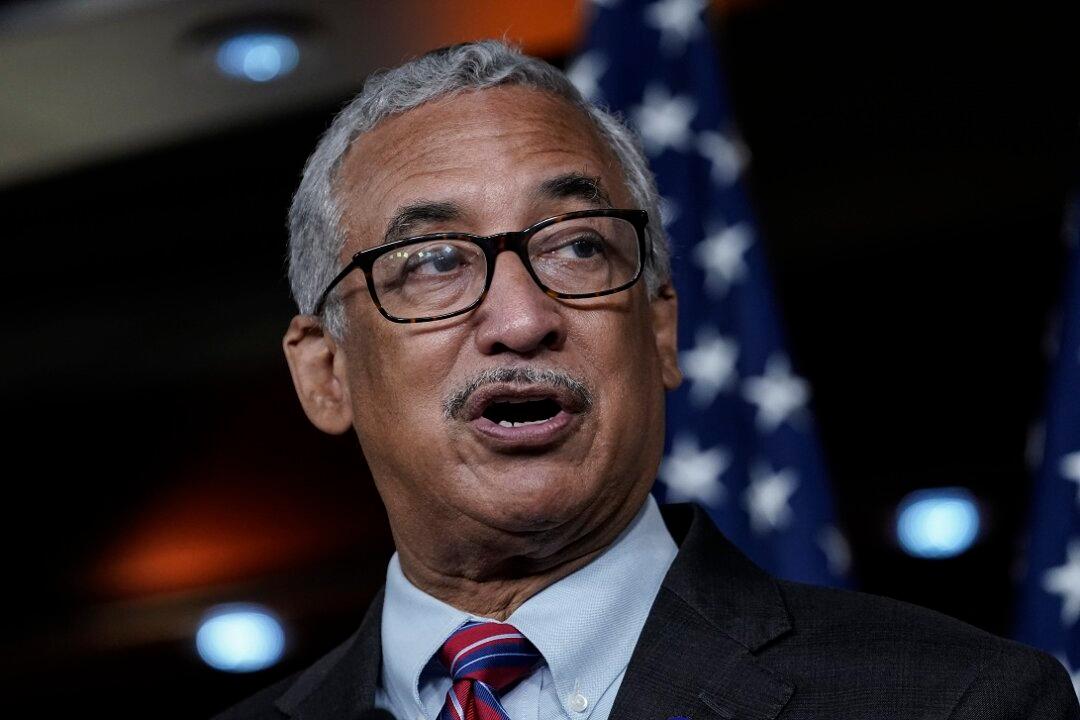An estimated 2 million U.S. jobs would be lost if the federal minimum wage is raised to $15 under legislation approved by the Democrat-controlled House of Representatives and endorsed by former Vice President Joe Biden, according to a new study by two economics professors.
“The Arts, Entertainment, and Recreation and Accommodation and Food Services sectors will account for half of these job losses. Workers aged 16-24 will see the highest proportion of job losses, and the majority of jobs lost will be those held by women,” the study says.





